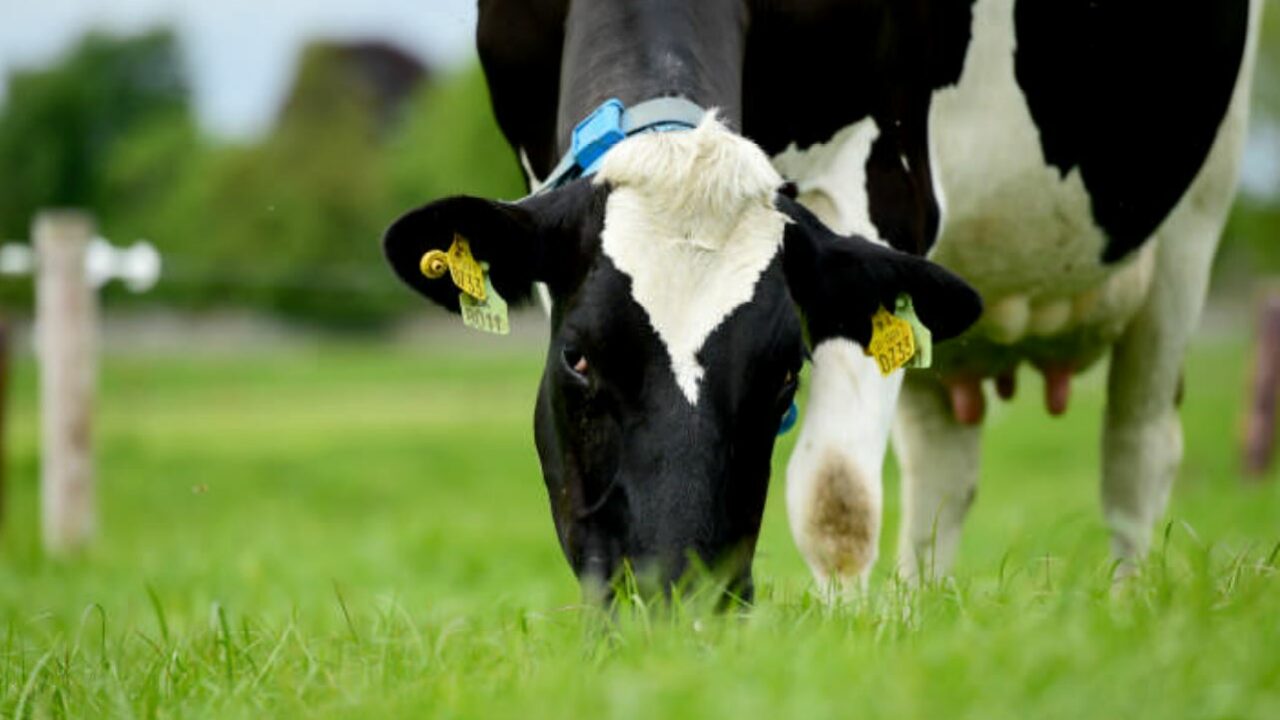DAIRY-UK’s man in Northern Ireland Dr. Mike Johnston is predicting that insurance-based systems will form part of the support mix available to dairy farmers, internationally, over the coming years.
And, he’s probably right.
In other words, farmers will have to cover a proportion of the insurance premiums needed to make the schemes work. One assumes that both national governments and conglomerates, such as the European Union (EU), will also make a contribution to the funds that will be established.
Johnston believes that insurance schemes have the flexibility to allow individual farmers set the level of bespoke cover they need to keep their businesses viable at such times when market prices fall below an agreed level.
Yes, milk prices have been good for most of 2017. But the bit of profit that producers have made over recent months has been used to pay back the debt incurred during the last market downturn.
And, if the experts are to be believed, the year ahead looks like it could be challenging enough, from a milk price perspective.
So something has to be done to address this challenge, if insurance schemes are to have any prospect of working at farm level here in Ireland.
One way of doing this would be for the EU Commission and national member states to pump-prime an insurance fund at the very outset. In so doing, dairy farmers would have the prospect of maintaining realistic income levels, in the event of the markets doing their worst.
This would then leave producers in a position to make their own contributions to the fund, once commercial stability returned.
Trying to push ahead with an insurance scheme that takes no cognisance of the parlous circumstances the dairy industry finds itself in at the present time, courtesy of volatility, makes no sense at all.
The other advantage of the EU agreeing to make the initial commitment, in creating an insurance fund, is that of encouraging as many farmers as possible to get on-board from the outset.
Every effort must be made to guarantee that – whatever insurance-based measures are put in place – they act as a genuine safety net for the dairy industry as a whole.
